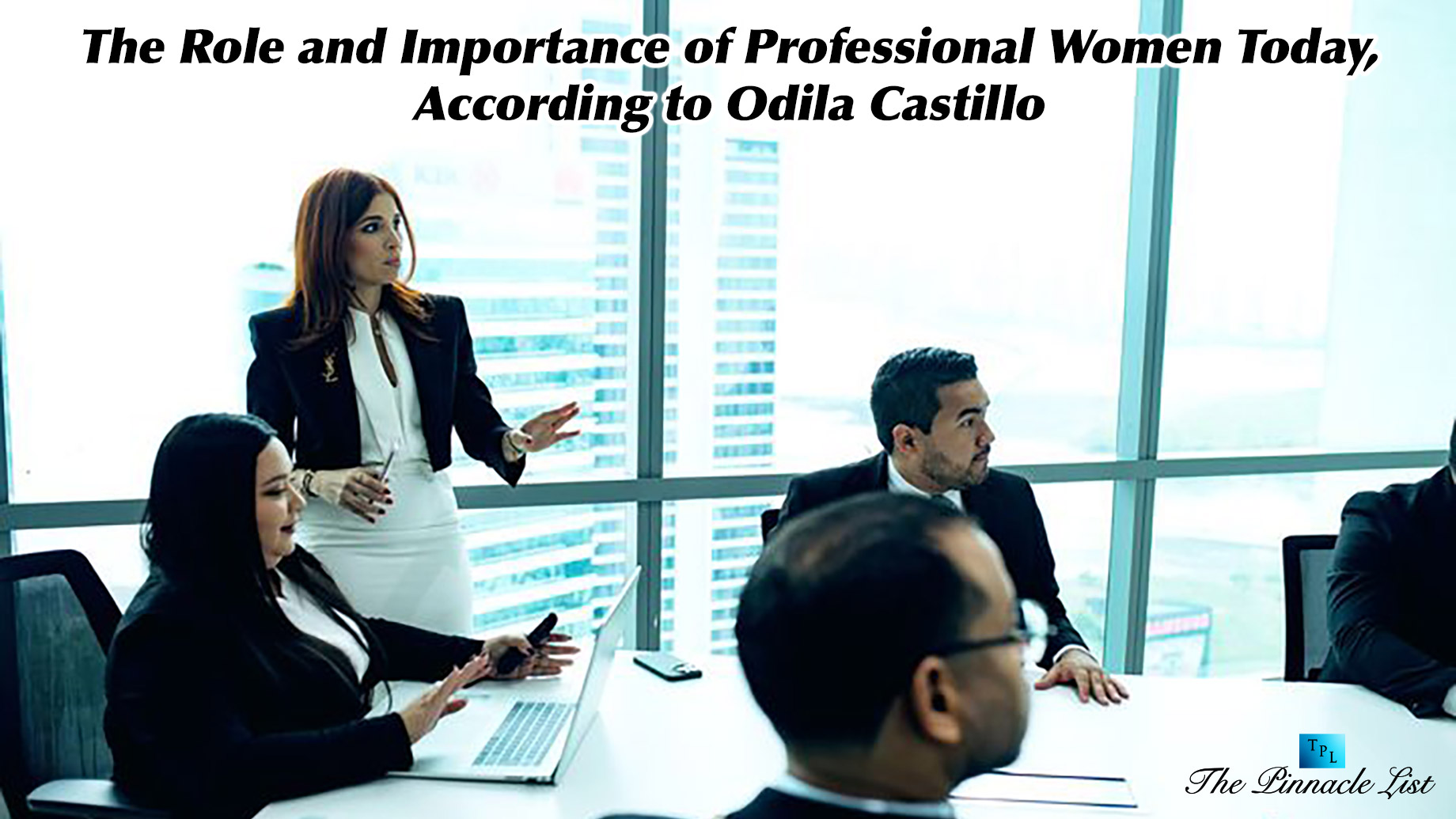
In contemporary societies, professional women play an essential role in development and progress. Odila Castillo, a Panamanian lawyer, asserts that women’s contributions in the workplace not only address today’s economic, social, and cultural challenges but also help build fairer, more equitable, and sustainable communities.
Transformation of women’s role in the workforce
Odila Castillo points out that the 20th century marked a turning point in the fight for gender equality. From securing the right to vote to participating in traditionally male-dominated sectors, women have demonstrated leadership, creativity, and capability in various fields. Today, they hold positions of power in corporations, manage technological projects, influence global politics, and play key roles in sectors such as education, economics, and healthcare. This progress benefits not only women but also fosters more inclusive and equitable societies.
Key contributions of professional women in Panama and the world
Castillo highlights three fundamental areas where the impact of women is particularly evident:
- Diversity in decision-making: Organizations with women in leadership roles tend to be more innovative and profitable. The diversity of perspectives fosters creative solutions and effective strategies.
- Economic impact: Women’s participation in sectors such as technology and healthcare significantly contributes to their countries’ Gross Domestic Product (GDP), promoting sustainable economic growth.
- Inspiration for future generations: Women who break barriers inspire young girls to challenge gender stereotypes and pursue their professional goals.
Professional challenges and opportunities according to Odila Castillo
Despite significant progress, Castillo notes that women continue to face wage inequality, biases, and barriers to leadership positions, in addition to shouldering a disproportionate share of domestic responsibilities. To overcome these inequities, she considers it essential to implement policies that promote work-life balance and ensure inclusive work environments.
Moreover, technology and globalization present new opportunities. Remote work allows for greater flexibility in managing responsibilities, while access to online education expands professional development prospects.
For Castillo, the role of professional women reinforces values such as equality and justice, which are essential for collective progress. Investing in women’s empowerment is not only a matter of human rights but also a smart strategy for building a more balanced and prosperous future. Every step toward eliminating gender barriers opens new doors to a better world for all.